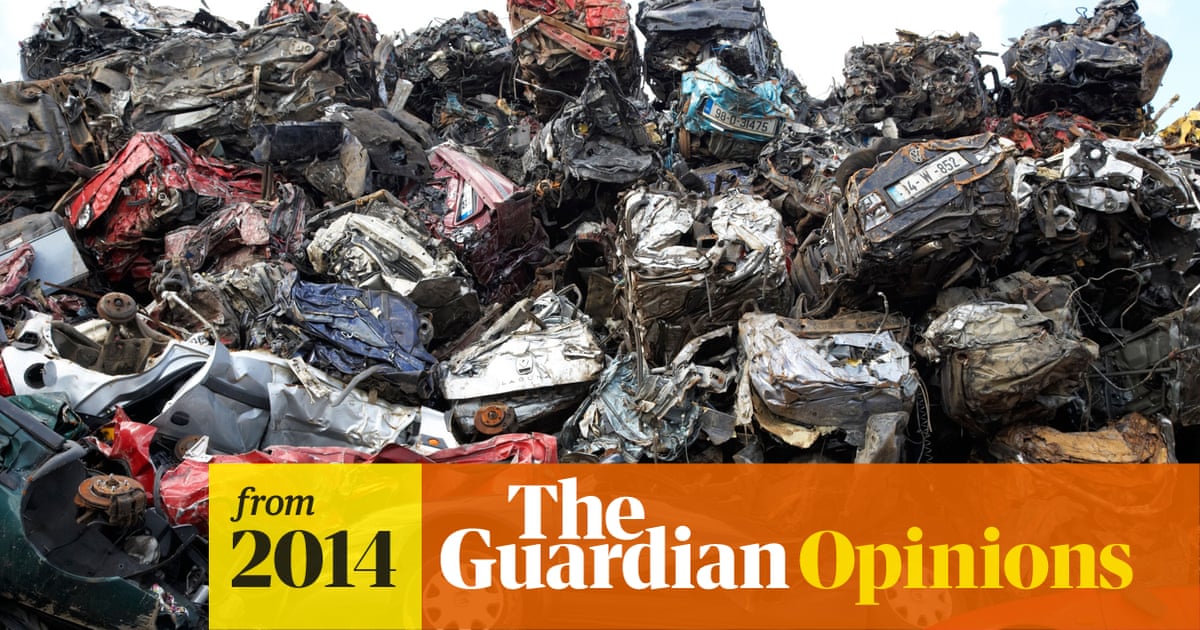Lew Rockwell Fan
Have tasp, will travel.
I jumped into this thread to more or less support your point that the term "dark ages" was misleading. I'll grant that I'm a contrarian Devil's advocate by reflex, and that you are perhaps reacting to myFew historians use the term Dark Ages, for a couple of generations now. It's not merely an unhelpful term, it leads to a good deal of misunderstandings. Early Middle Ages is more common and more neutral.
Similarly, few historians speak in terms of "advancement" as a useful historical concept. For one thing, it tends to restrict the conversation to technology or production and so leaves out huge areas of human experience; for another, it tends to proceed from progressivist assumptions that say more about modern times than they do about the Middle Ages.
There's a huge body of literature about the early MA, going back at least half a century. Anyone wishing to know what historians think about the era can easily find more books on the topic than they could read in a decade; Patrick Geary's Before France and Germany is old but still a worthwhile starting point.
Much the same can be said about the decline of Rome. That, too, is a concept rarely voiced, for at least as long (the two--decline and fall, and dark ages--are closely related). Change and transformation are much more useful as a framework for understanding the period. What period? I (and many other historians) would put it between Constantine and Charlemagne--early 4thc to mid 8thc. There has been a great deal of very fine work on those centuries. It's also worth mentioning that the documentary record is fuller than many people suppose.
And I'm not even a specialist in this area. Talk to someone actually working in the field and you will get a much more detailed (and more current) response.
[Maybe I'd have emphasized the "most" if I had suspected any were in the house, but I stand by it.]Most historians tend to be very shallow people.
and/or to my mention of Professor Hoffer, whom a lot of American historians would retroactively abort if they could find a time machine, but still, the ["Trust me, you ignorant peasants. I'm an expert."] tone of this would provoke an astronaut to defend flat earthism.
The "decline of Rome" is not some silly illusion or "construct" (egad, what a pretentious term) born of distorted ethnocentric or presentist perspective. One may argue about whether it was a good or bad thing, and I lean toward good, and the causes, and I believe in several, including Mises' & some of Gibbon's, but the reality is not realistically disputable. It's objective fact, supportable by many quantifiable metrics. This one for example:
from Graph of the Population of Rome Through History
Look at it. That is a decline. Unambiguously and objectively. You claim that "few historians speak" of it, but "few" is a vague word that I suspects translates "none of the people I like." Certainly the most casual search will show that many do employ that term. This guy for example, uses the term freely without apology. You can't dismiss him as second rate, elderly or a hick from flyover country. He's young, well credentialed, and teaches in the belly of the beast of pomo insanity:
Dennis Campbell | Department of History
My area of research is in the history and languages of the ancient Near East. My primary specialization is in the Hittites (ancient Anatolia/Turkey), the Hurrians (northern Mesopotamia, Syria, southeastern Anatolia) and the Urartians (eastern Anatolia). I have also been heavily involved with...
As much as many hate it, some things are not just matters of perspective. Some things are real, and reality matters.
Last edited:


